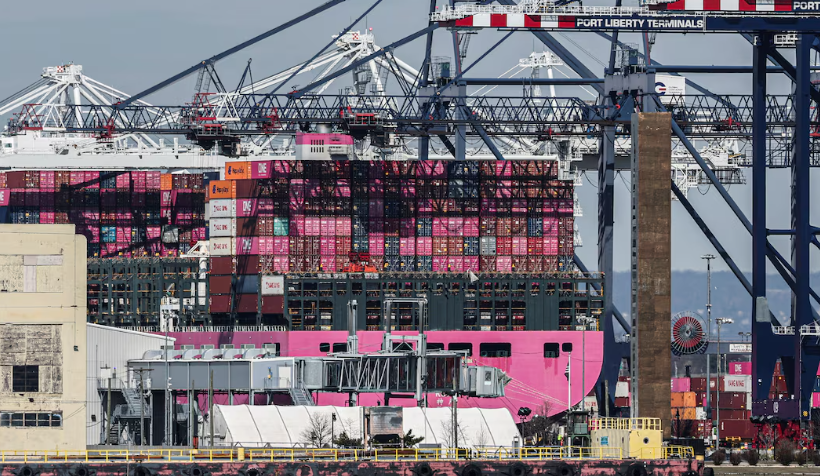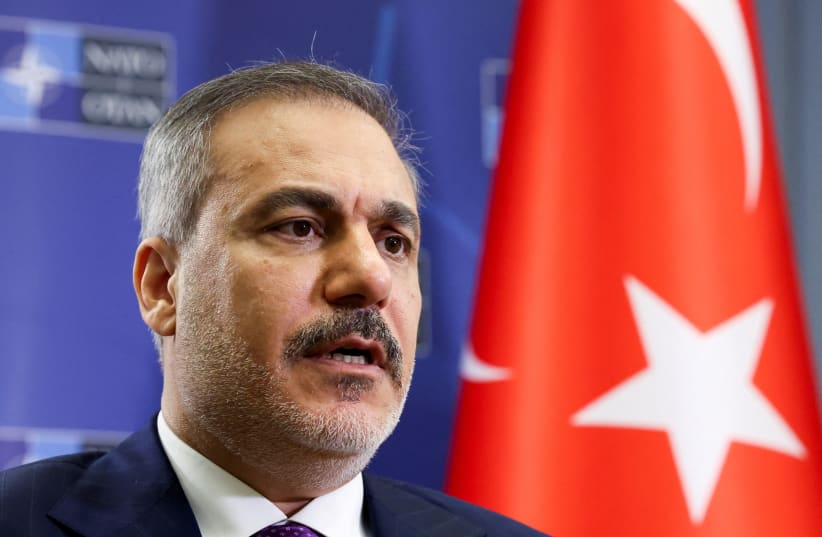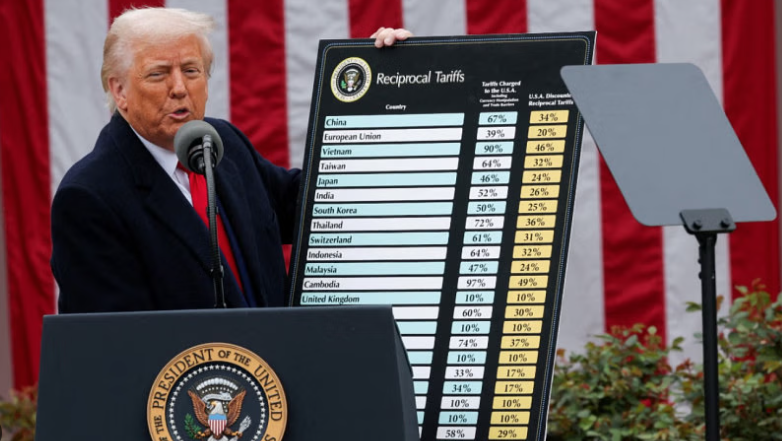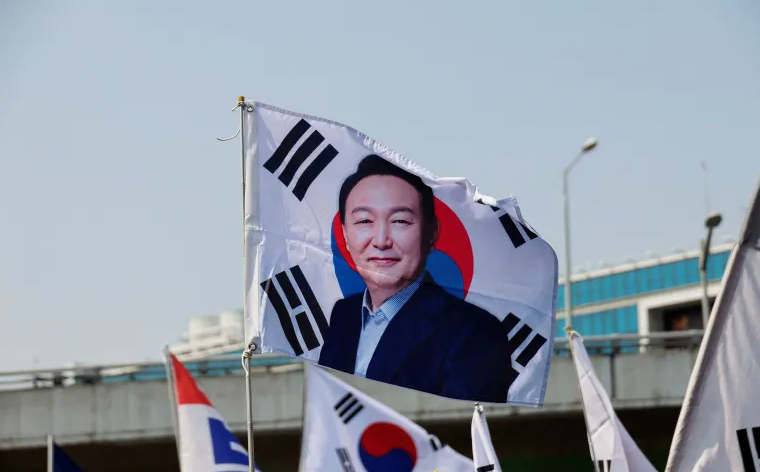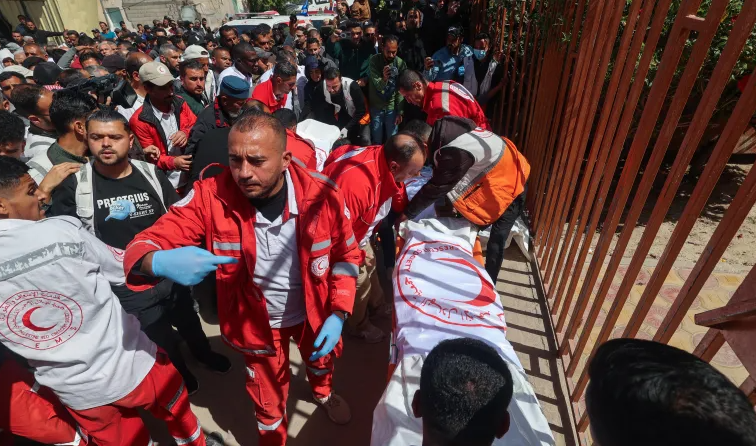WORLD NEWS
India Strengthens Ties with Sri Lanka Through Defence and Energy Deals Amid Growing Chinese Influence
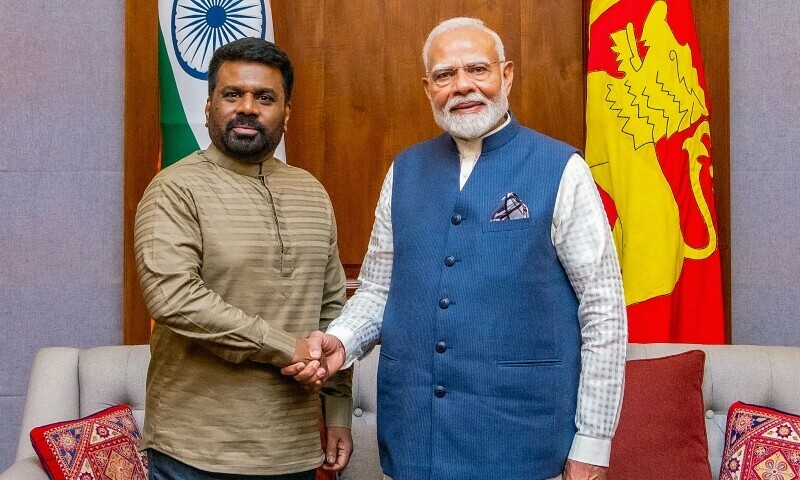
India’s Prime Minister Narendra Modi secured pivotal defence and energy agreements with Sri Lanka during his official visit on Saturday, marking a significant step in bolstering bilateral ties amid growing concerns over China’s influence in the region.
Sri Lankan President Anura Kumara Dissanayake greeted Modi with a ceremonial 19-gun salute and conferred the country’s highest civilian honour, recognizing the “deep personal friendship” Modi has shown to Sri Lanka. During a televised ceremony, Modi emphasized the mutual security interests between the two nations, stating, “Our security is interdependent and interconnected.”
The visit saw the signing of a five-year defence cooperation agreement, which will allow Sri Lankan military personnel to undergo training in India and facilitate the sharing of military technology and intelligence. This deal comes amid growing concerns over the presence of Chinese military assets in Sri Lanka, particularly submarines and research vessels that had previously docked at Colombo's seaport. India has been wary of such moves, asserting that Sri Lankan territory should not be used to undermine its security. The two leaders agreed on Sri Lanka’s commitment to ensuring that its territory would not be used for activities detrimental to India’s interests.
Additionally, India and Sri Lanka celebrated the commencement of a 120-megawatt solar power project in the northeastern Trincomalee district. The project, a joint venture, had been delayed for years but was revitalized with New Delhi’s support, marking a step towards Sri Lanka’s energy diversification and sustainable development.
Modi’s visit highlights India’s growing concerns over China’s influence in Sri Lanka, particularly as the island nation grapples with competing interests from both regional powers. Sri Lanka, which had defaulted on its sovereign debt in 2022, is heavily indebted to China, which remains its largest single bilateral creditor. China has also been a significant player in Sri Lanka’s economic recovery, having restructured loans and agreed to a $3.7 billion investment in an oil refinery on the island’s southern coast. This deal, part of Sri Lanka’s broader economic recovery strategy, underscores China’s growing foothold in the region.
Modi’s visit follows a broader diplomatic effort by India to strengthen regional ties. He recently held meetings with leaders in Bangkok as part of the BIMSTEC summit, where he met with Myanmar’s junta chief and Bangladesh’s interim leader, Muhammad Yunus. Modi’s diplomatic outreach signals India’s determination to reinforce its presence in the Bay of Bengal region while counterbalancing China’s growing influence in South Asia.
Sri Lanka’s foreign policy remains a delicate balancing act, with President Dissanayake making state visits to both New Delhi and Beijing since taking office. As Sri Lanka navigates its economic challenges and foreign relations, India’s support through defence and energy collaborations is a vital element of its strategy in maintaining regional stability.
